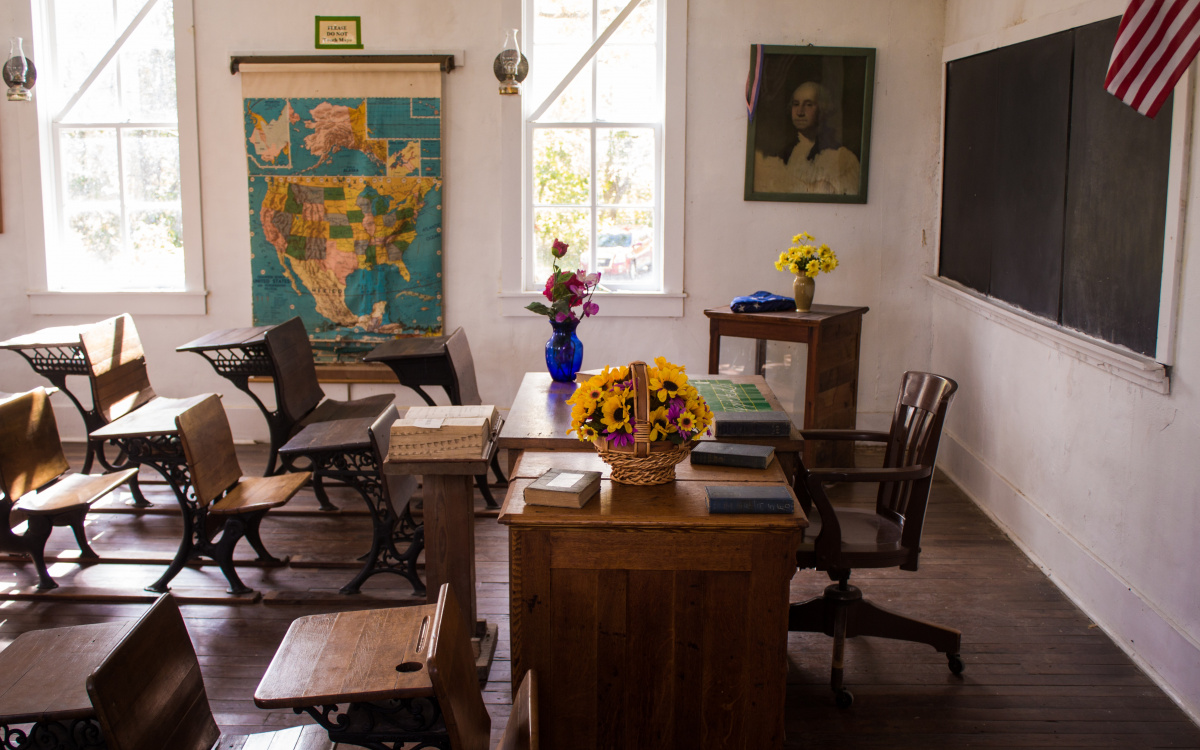
You need to be who you are, who you were made to be.
Elementary music classroom, April 2021. It’s drum day. I look around and readjust students to maintain proper spacing for COVID protocols. A collective boom! breaks the silence as agroup of first graders —around the age of seven— hit their djembes (an upright drum) in, what they think is unison.
“Oooeeeee! Owieee! Owieee! Owieeee” Jag screams like I’ve never heard before. Deep gasps in between tears. Cacophony comes to a halt.
“Oh dear. What happened? Come here Jag,” I say through my two masks, setting my djembe aside while trying not express frustration. Without hesitancy, Jag waddles over and hops onto my lap. All physical distancing protocols go out the window in this moment.
“Oh, it looks like we’ve bit our lip,” noting a little blood— “I know it hurts now, but’ll pass. Go wash it off in the bathroom.” Jag calms down and sniffles, holding his lip as he exits the room. Eighteen pairs of eyes follow Jag, and then look to me for the next step.
And we continue to find the beat with our djembes.
In this week’s Gospel passage of the Good Shepherd, John the apostle describes how love is shown; as protection, care, safety, and community. We are reminded that the faith we choose is rooted in an authentic, invested love based in the physical world, not just in a set of abstract declarations. Stinky, messy sheep need care, as do noisy, germy (sometimes bloody) children. As a queer person of faith, I reflect on the moments where people have served as a good shepherd to me, and when I have done so for others.
When I was in my early twenties, I was nervous about coming out to my “religious” friends. There was a group of us that would sometimes go to mass together, grab a bite to eat, and then hang out in parking lots chatting for hours. In retrospect we were like a group of parking lot prophets — debating, proclaiming, sharing our hopes and dreams. A few of these friends were entering religious life, and I wanted to be out to them, so they knew this part of me.
It was a humid summer evening in South Florida, and I was sitting (and sweating) outside on the patio when I decided to come out to my friend Patty. She was to enter the novitiate with the Carmelite Sisters, who are quite a traditional bunch. I calledher under the guise of organizing a “video” we were doing for the Sisters at my parish (who were Carmelites), and then I toldher that I liked girls. I still remember how hot my ear was from being pressed up against the receiver as I anxiously awaited her response.
In her gentle soprano voice she said, “Jessica, God doesn’t make mistakes. You need to be who you are, who you were made to be.”
I stopped listening at that moment. There were tears of relief and joy, and a much longer conversation ensued, which my memory fails to produce. Although I wasn’t expecting complete rejection going into that conversation, I was taken aback by Patty’s response of acceptance, assuredness, and compassion.
Years later, after “breaking up with my Catholicism” (and getting back together and breaking up again), I realized that Patty, in that moment, was Jesus the good shepherd personified. For all the times I have felt rejected by the most official of “shepherds” — the untouchable, institutional, hierarchical gatekeepers of Catholic canon law — it was one dear friend who kept me in the fold.
I have other sheep that do not belong to his fold. These also I must lead, and they will hear my voice, and there will be one flock, one shepherd. – Jn 10: 16
I heard Their voice that day through Patty, and some twenty years later I still remember that moment of belonging. Belonging, care, and safety is what I hope little Jag and all my students felt that day in class. And belong we do LGBTQ+friends. God doesn’t make mistakes. We — queer, trans, lesbian, gay, bicurious, ace, pan+ — are the children of God, always have been, always will be.
When love is rooted in healing, protection, safety, and authentic care, we can all be free — truly liberated to be our full authentic selves in community with one another. For as John the apostle says in the second reading this week:
Beloved:
See what love the Father has bestowed on us
That we may be called the children of God. - 1 John 3:1